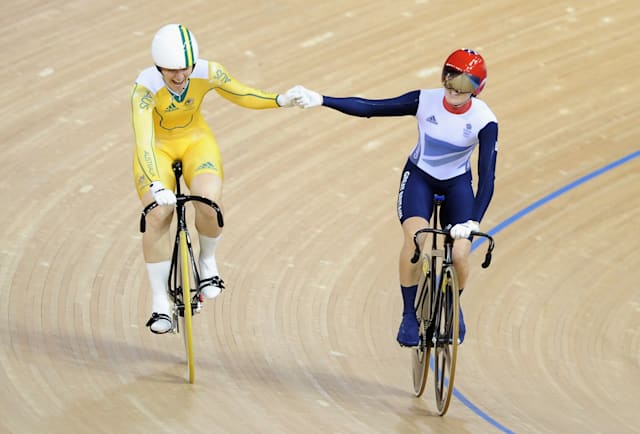Olympic Solidarity Commission
Mission
The aim of Olympic Solidarity is to provide assistance to all the National Olympic Committees (NOCs) for athlete development programmes, in particular those with the greatest needs of it. This assistance is achieved through multi-faceted programmes prioritising athlete development, but also training of coaches and sports administrators, and promoting the Olympic values (Olympic Charter, Rule 5).
The Olympic Solidarity Commission is responsible for defining the main courses of action and managing the activities of Olympic Solidarity, for example by approving programmes and the related budgets, and monitoring their implementation. It enjoys financial, technical and administrative autonomy, and reports to the IOC Executive Board and President, keeping them regularly informed about the main decisions taken, e.g. approval of programmes and budgets for the Olympic Solidarity plans. The Olympic Solidarity Commission relies on the Olympic Solidarity international office in Lausanne to implement, execute, monitor and coordinate all its decisions.
The Olympic Solidarity Commission administers the programmes adopted by Olympic Solidarity, which, as per the Olympic Charter (Rule 5), are to contribute to:
- Promoting the Fundamental Principles of Olympism;
- Assisting the NOCs in the preparation of their athletes and teams for their participation in the Olympic Games;
- Developing the technical sports knowledge of athletes and coaches;
- Improving the technical level of athletes and coaches in cooperation with NOCs and IFs, including through scholarships;
- Training sports administrators;
- Collaborating with organisations and entities pursuing such objectives, particularly through Olympic education and the propagation of sport;
- Creating, where needed, simple, functional and economical sports facilities in cooperation with national or international bodies;
- Supporting the organisation of competitions at national, regional and continental level under the authority or patronage of the NOCs, and to assist the NOCs in the organisation, preparation and participation of their delegations in regional and continental Games;
- Encouraging joint bilateral or multilateral cooperation programmes among NOCs;
- Urging governments and international organisations to include sport in Official Development Assistance
- Supporting athletes who are refugees.
Such programmes are administered by the Olympic Solidarity Commission.
Three ways to support the NOCs
The three areas World Programmes, Continental Programmes and IOC Subsidies for NOCs’ Participation in Olympic Games and Youth Olympic Games, available through Olympic Solidarity, function autonomously and complement one another. They cover the objectives of the NOCs, which are mainly to improve their functioning and organisational ability; to create or develop efficient structures; to organise training courses at various levels; and to profit from the technical and financial resources available, which in turn will benefit their athletes.
Find out more about Olympic Solidarity and its line of action
Composition
Chair
Members
- Dagmawit Girmay BERHANE
- Mustapha BERRAF
- Yiech Pur BIEL
- Spyros CAPRALOS
- Marisol CASADO
- Kirsty COVENTRY
- Nicole HOEVERTSZ
- Neven ILIC
- Nenad LALOVIC
- Khunying Patama LEESWADTRAKUL
- Lingwei LI
- Gunilla LINDBERG
- Le Grand-Duc Henri de LUXEMBOURG
- Kristin KLOSTER
- Matlohang MOILOA-RAMOQOPO
- Emma TERHO
- Habu GUMEL
- Ahmed ABU ELGASIM HASHIM
- Ricardo BLAS
- Tayyab IKRAM
- Raffaele PAGNOZZI
- Jimena SALDAÑA
Director in charge
- Director of NOC Relations, Olympic Solidarity and Olympism365

